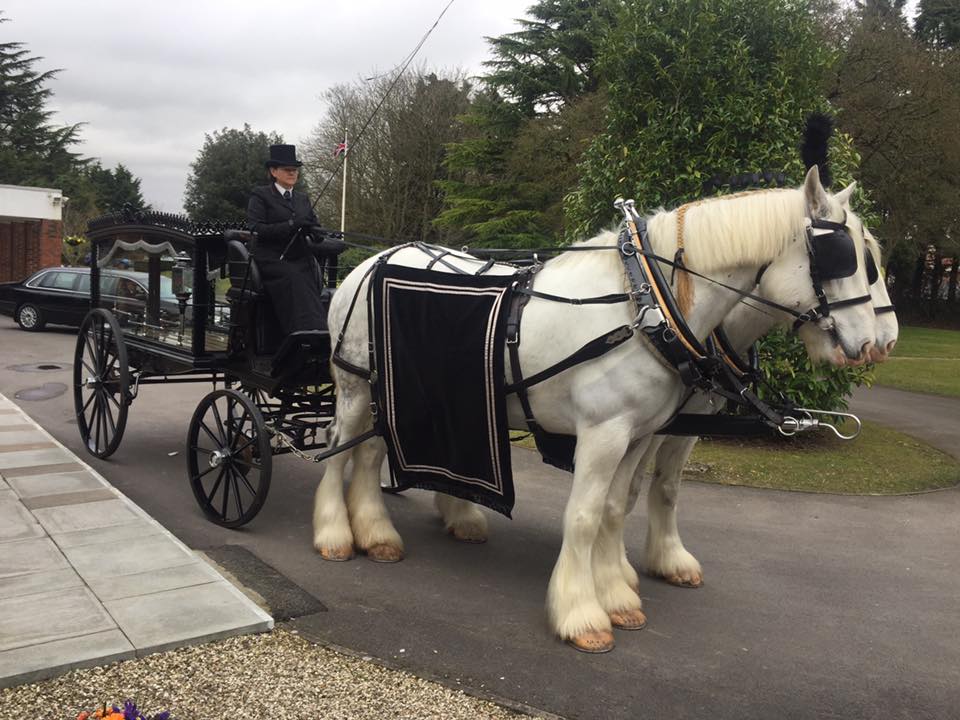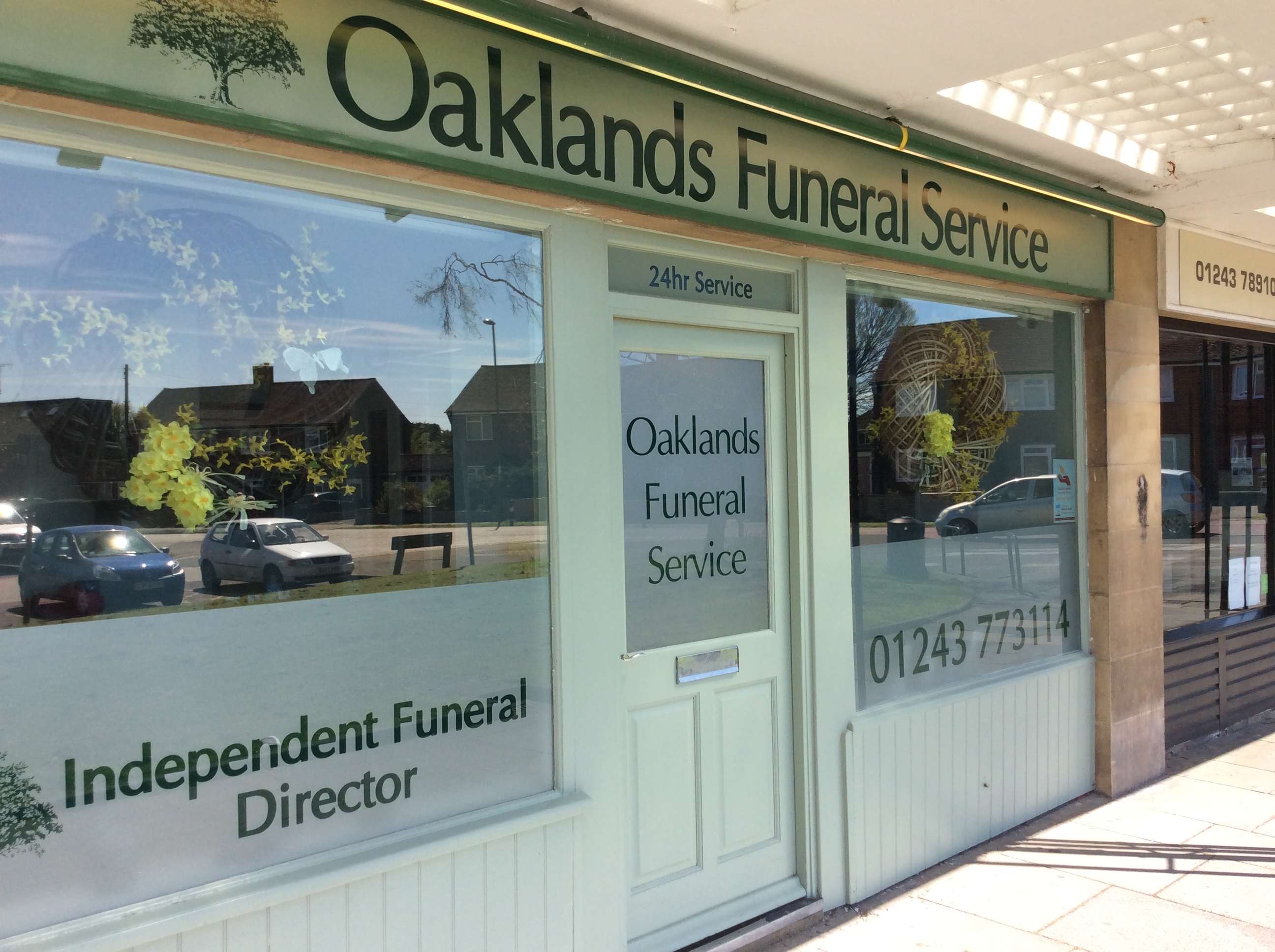when a person dies
When someone dies it can be an emotionally distressing time, potentially overwhelming should the responsibility fall on you or someone close to you to carry out the wishes of the person who has died.
It is not uncommon for people to be unsure of what to do when considering the many steps that need to be taken following a bereavement. We can help you through the initial stages offering caring support and advice on what you may need to think about leading up to and following the funeral.
If the deceased person left a valid will, the person who deals with the estate is called the Executor.
If the deceased person left an invalid will or no will at all, the person who deals with the deceased person's estate is called an 'administrator'. An administrator may be appointed by the court before they can deal with the deceased person's estate. You may need legal advice from a Solicitor.
WHEN SOMEONE DIES
IN HOSPITAL
When a person dies in hospital, the Doctor looking after the person who has died will issue the Medical Certificate of Cause of Death unless the Coroner needs to be informed. You will be advised by hospital staff where to collect this certificate and any personal effects the deceased had with them in hospital.
A ‘Release Form’ may need to be signed by the Next of Kin and handed to your Funeral Director so the hospital can release the deceased into the care of the Funeral Home as soon as possible.
AT HOME OR NURSING HOME
When a person dies at home, contact their Doctor and they will make a house visit. If the death was expected, the relatives will be issued with The Medical Certificate of Cause of Death in due course from the Doctors surgery along with information on how to register the death.
The Doctor will give permission for you to contact a Funeral Director of your choice. The deceased can then be taken into their care & action be taken in accordance with your wishes.
If the death occurs in a Nursing or Residential Home, a member of the Nursing Staff will contact the Doctor for them to visit the deceased. The staff will inform the next of kin and ask for their choice of Funeral Director so they can convey the deceased to their Private Chapel of Rest, acting in accordance with your wishes.
CORONER
If for example the death was sudden and unexpected, the Doctor will refer the deceased to the Coroner. The role of the Coroner is to determine what has caused the death. This may require a post mortem.
A Police Officer will attend the place of death to obtain information on the Coroners behalf and either they or the Doctor will inform the Coroner accordingly.
This will be in certain cases where the person:
+ who has died has not seen their Doctor within the 14 days leading up to their death
+ if the cause of death is uncertain
+ if death was sudden, violent or caused by an accident
Th Post Mortem process can take a few days and once the cause of death has been established, the Coroner will give permission for the deceased person to be released into the care of your Funeral Director, at which point we can offer further guidance on registering the death, allowing the funeral arrangements to go ahead.
IF DEATH OCCURS ABROAD
If a death takes place abroad it must be registered according to the law of the Country where the death has occurred. You will need to connect with the British Consulate and arrangements can be made from there. Returning a body to the UK is expensive. The cost may be covered by any travel insurance taken out by the person prior to travelling. If this is the case, you will need to contact the Insurance Company to ensure they will cover the cost of repatriation (transportation of the deceased back to their home Country).
The documentation will be handed to the Coroner who will decide what action to take. The Coroner will liaise with the Family and your Funeral Director throughout the process.







